Businessman Julius Berger was the founder of the internationally recognized construction firm, Julius Berger, one of Nigeria’s top construction firms, providing comprehensive construction solutions and related services. Julius Berger was a German-Jew who started out in the transportation business and later established his own firm, Julius Berger Civil Engineering AG.
Julius Berger was born in 1862 in Zempelburg, a small town in the Germany-Poland area, to parents of Jewish descent. His father sent him to Berlin at the age of twelve to take up an apprenticeship with a leather wholesale firm.
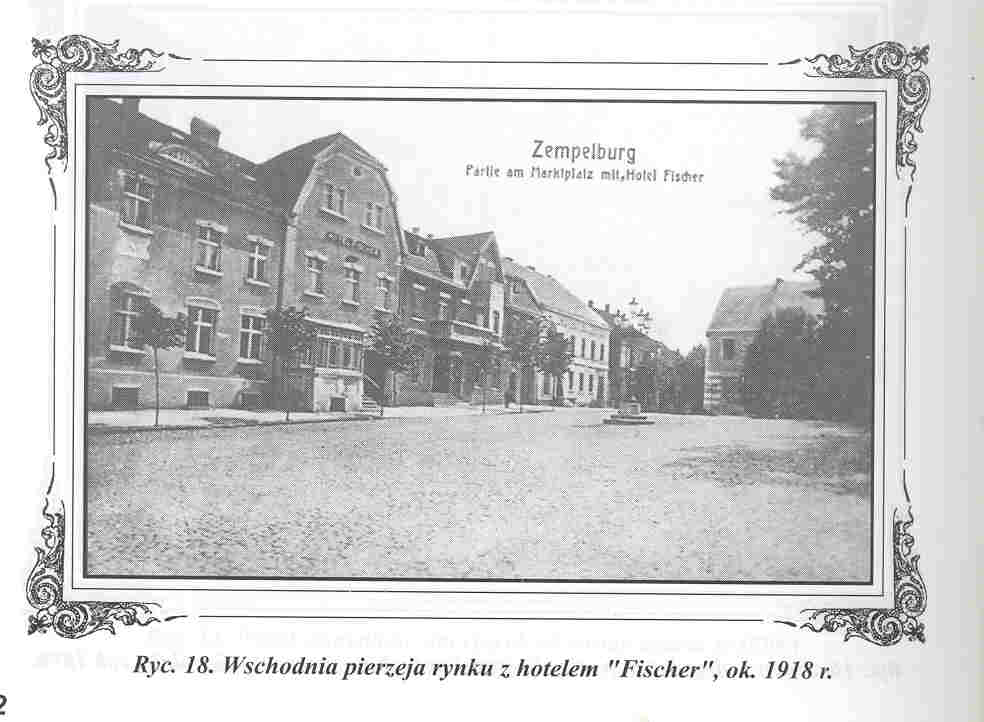
Three years later, in 1878, Julius returned to the family transport business. He soon found himself more frequently transporting building materials instead of grain. He got to know the construction business a lot better during this time of transporting building materials.
When he had enough knowledge, he changed careers and founded his own construction company, which became his eponym – Julius Berger Civil Engineering AG, in 1905. The business expanded quickly and soon established itself as a leading contractor in the eastern Prussian provinces as well as in Turkey, Iran, Romania, and Egypt. The company worked on building railroads, drainage systems, and roads.
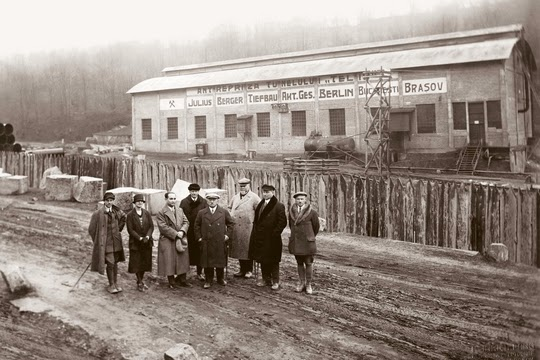
As the company was growing rapidly, the Second World War broke out, which marked the shutdown of the company’s operations. Unfortunately, Julius and his spouse were captured by the Nazis and imprisoned. He died in 1942, as one of the victims of the Holocaust, which claimed the lives of over 6 million people of Jewish descent. Alongside his wife, Julius died of hunger and exhaustion, while in a concentration camp.
After the war ended, the company was revived, and operations slowly returned in Germany and neighbouring countries.
Operations in Nigeria
It wasn’t until 1965, just after Nigeria became a republic, that the company got a massive break in Africa, when it secured its first job in Nigeria – The construction of the second mainland bridge, also known as the Eko Bridge. This milestone signified the beginning of Julius Berger’s success story in Africa’s biggest economy.
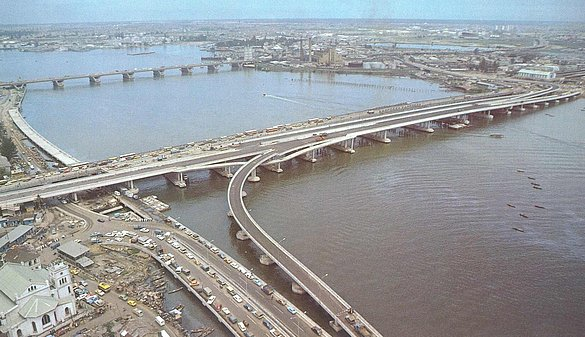
Since then, it has established itself as one of Nigeria’s top construction firms, winning contracts for significant projects like the Tin Can Island Port in Lagos, the Ajaokuta Steel Plant, the 3rd Mainland Bridge in Lagos, the Abuja Stadium, and the Abuja International Airport in Abuja.
Julius Berger’s first industrial contract in Nigeria was the construction of the Volkswagen assembly plant in Ojo, Lagos. The company also constructed the Falomo bridge, the Itokin-Ede road, and the Jebba road bridge.
With 18,000 employees, Julius Berger is presently the largest private employer in Nigeria. Julius Berger has been instrumental in laying the foundation for Nigeria’s development and progress by building significant industrial and civil infrastructure and providing jobs for its people.
Development of the FCT
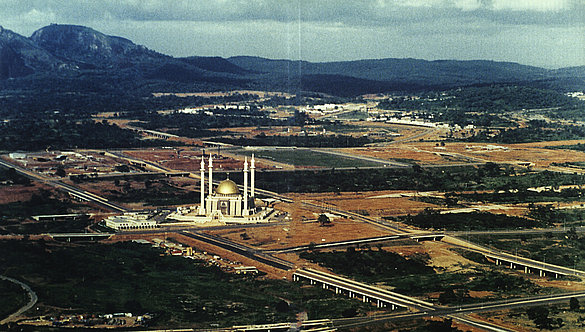
Julius Berger was the main construction company that helped in the development of the new F.C.T., Abuja, in 1980. A Bailey bridge, which permits unrestricted entry and exit of trucks and larger vehicles from Abuja, was the first step in the process. Starting in 1983, the company constructed Abuja’s Central Area, Phase I. Of the 20,000 workers at Julius Berger, about 11,000 were employed there. At the time, it was probably Africa’s biggest construction site.
Conclusion
It is interesting to note that the founder of this great company, Mr. Julius Berger, died before his company spread to other parts of the world and arrived in Nigeria. Julius Berger is present in over 40 countries globally. He had set a good legacy, name, and culture for his company, such that after his demise, the company is still going strong and has established itself as one of the biggest construction companies in the world. More so, Mr. Julius was never an engineer but built a very powerful and successful engineering and construction firm.
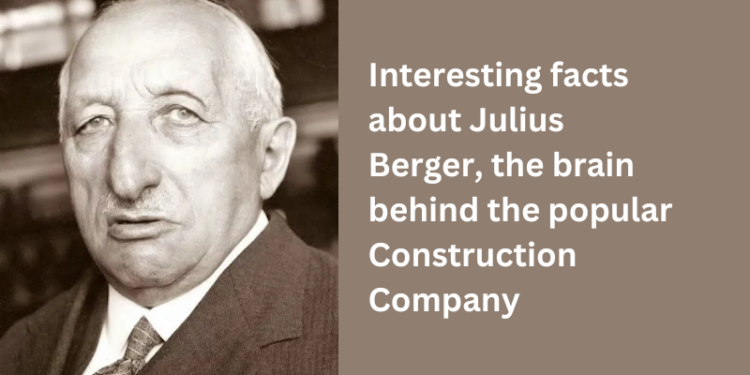
Discussion about this post